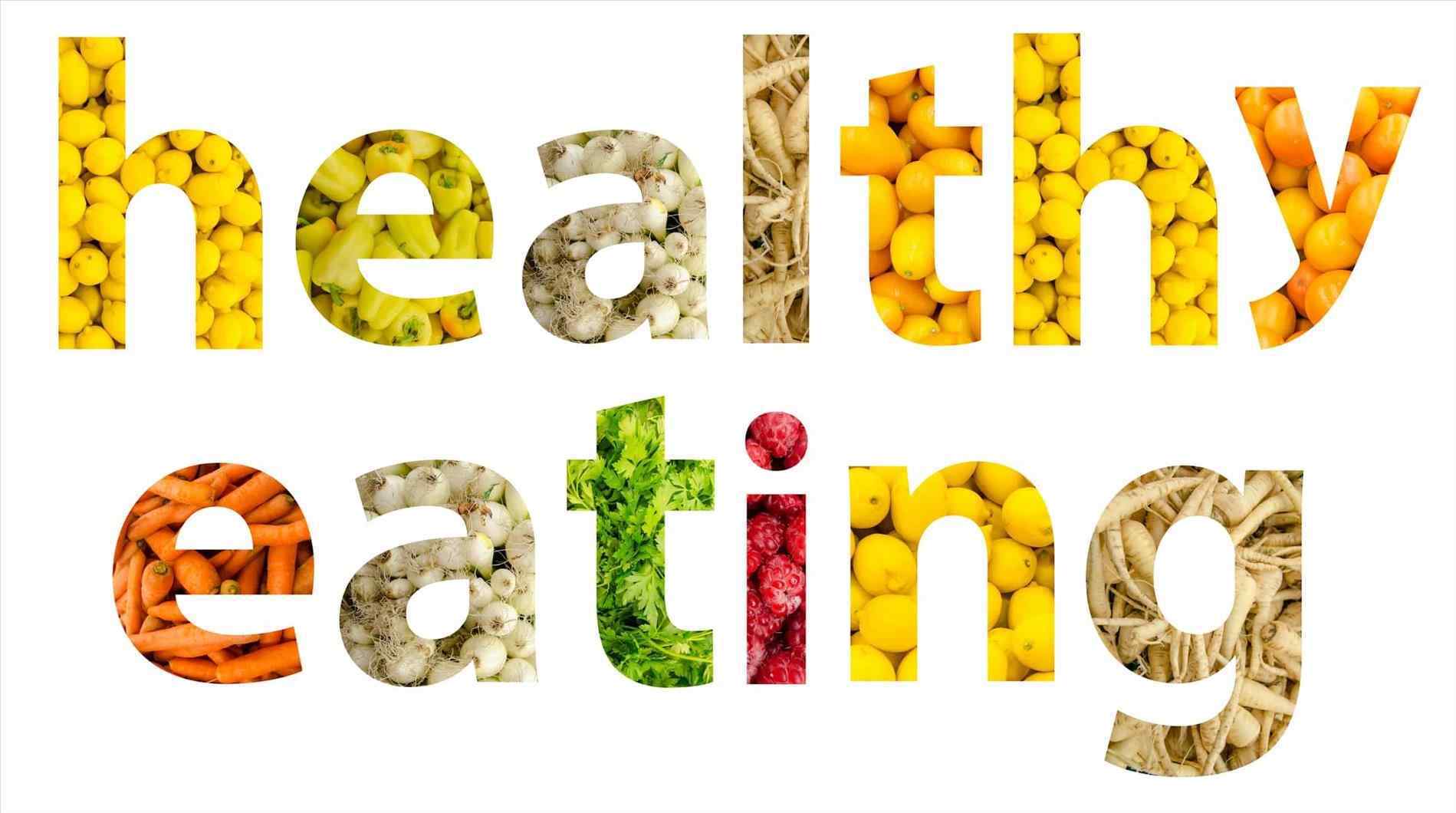The Sweet Story of Ice Cream: History and Health Benefits
 |
| The Benefits of Ice Cream, Healthnews // Fitelo |
The History and Health Benefits of Ice Cream
Indulging in Moderation: The Surprising Health Benefits of Ice Cream
Healthnews: Ice cream is a beloved treat enjoyed by people all over the world. It is a dessert that has been around for centuries, with roots dating back to ancient China, Persia, and Greece. In this article, we will explore the history and health benefits of ice cream.
History of Ice Cream
Ice cream has a long and storied history. The first recorded instance of ice cream was in China during the Tang Dynasty (618-907 AD). It was made by mixing snow or ice with rice milk, flour, and camphor. The Persian Empire also had a version of ice cream called "faloodeh," which was made with vermicelli noodles, rose water, and sugar.
Ice cream as we know it today was first introduced in Europe in the 17th century. It was a luxury item that was only enjoyed by the elite. It wasn't until the 18th century that ice cream became more widely available and affordable.
Health Benefits of Ice Cream
Ice cream is often considered an indulgent treat, but it actually has some health benefits. Here are five health benefits of ice cream:
- Calcium: Ice cream is a good source of calcium, which is essential for strong bones and teeth.
- Vitamins: Ice cream also contains vitamins A, B6, B12, C, D, and E, all of which are important for maintaining good health.
- Energy: Ice cream is a good source of energy and can be a quick pick-me-up when you're feeling tired or sluggish.
- Mood Boost: Eating ice cream can release endorphins, which are feel-good hormones that can improve your mood.
- Hydration: Ice cream contains water, which can help you stay hydrated, especially during hot weather.
R E A D :
- The Power of Tea Boosting Health with Green and Black Tea
- Chia Seeds The Nutrient-Dense Superfood for Improved Health and Wellness
- Blueberries The Magical Fruit that Improves Health from the Inside and the Outside
Ice Cream and Moderation
While ice cream does have health benefits, it is important to enjoy it in moderation. Ice cream is high in calories, fat, and sugar, which can lead to weight gain and other health problems if consumed in excess.
Ice Cream Varieties
Over the years, ice cream has evolved into a wide variety of flavors and types. From classic vanilla and chocolate to more adventurous flavors like avocado and lavender, there is a flavor to suit every taste preference. Some popular types of ice cream include:
- Gelato: Originating in Italy, gelato has a creamy and dense texture and is usually made with more milk than cream.
- Sorbet: Sorbet is a dairy-free frozen dessert made with fruit puree, sugar, and water. It is often served as a palate cleanser between courses.
- Frozen Yogurt: Frozen yogurt is a healthier alternative to ice cream and is made with yogurt instead of cream.
- Soft Serve: Soft serve is a type of ice cream that is made with less milk fat and is churned at a higher speed, resulting in a creamier texture.
- Vegan Ice Cream: Vegan ice cream is made without any dairy products and is usually made with coconut milk or almond milk.

Scoops of Health The Benefits of Ice Cream, Healthnews // FirstCry parenting
Ice Cream Around the World
Ice cream is a popular dessert in many cultures around the world. In Japan, ice cream is often served in unique flavors like green tea and wasabi. In Italy, gelato is a staple dessert, and it is common to enjoy it as an afternoon snack. In India, kulfi is a popular frozen dessert that is made with condensed milk and flavored with cardamom and saffron. In the United States, ice cream is often enjoyed in a cone or as a topping on a warm slice of apple pie.
> Ice cream is a dessert that has stood the test of time and continues to be enjoyed by people of all ages. Its rich history and evolution into a wide variety of flavors and types make it a dessert that is sure to satisfy any sweet tooth. While it should be enjoyed in moderation, there's no denying the joy that a scoop of ice cream can bring.





